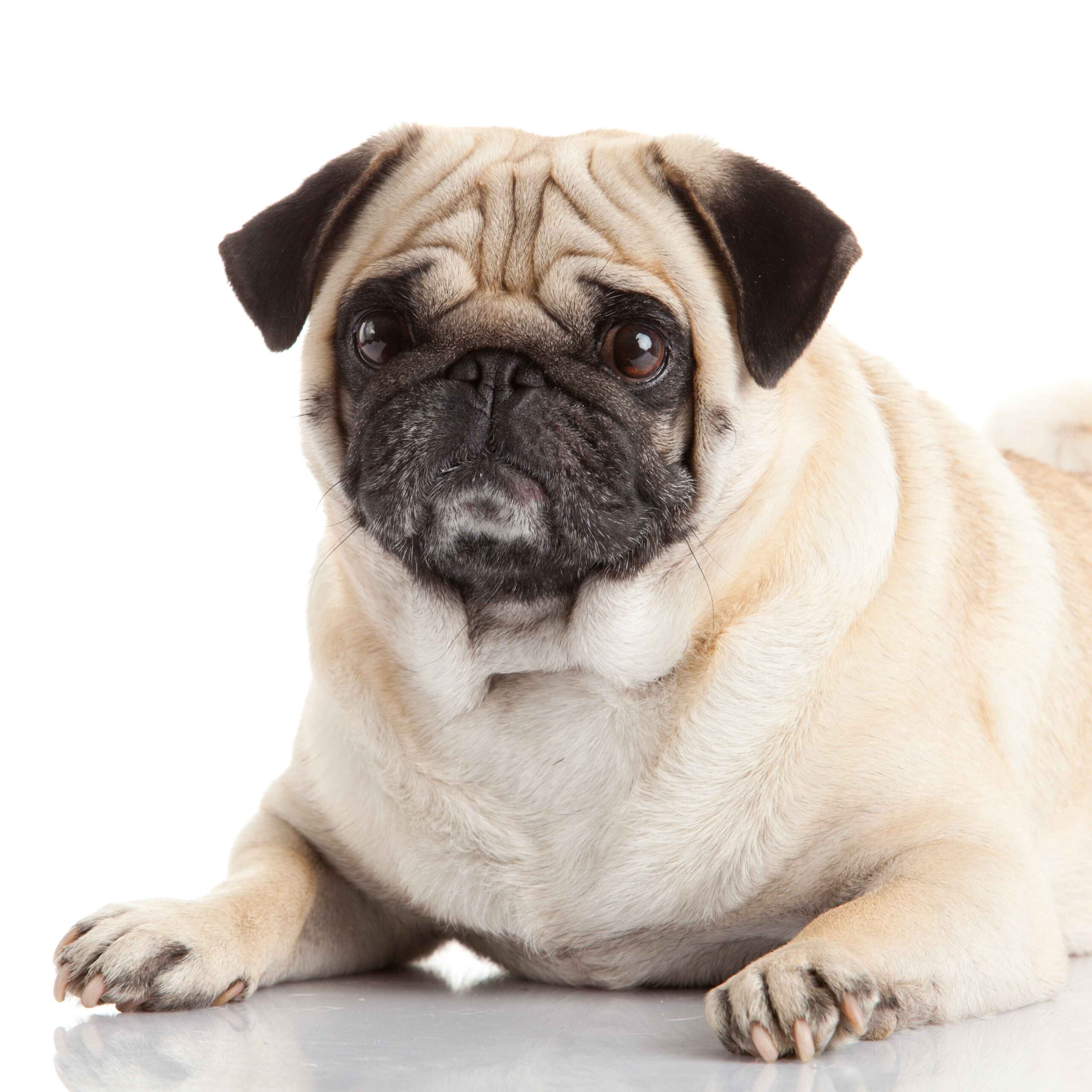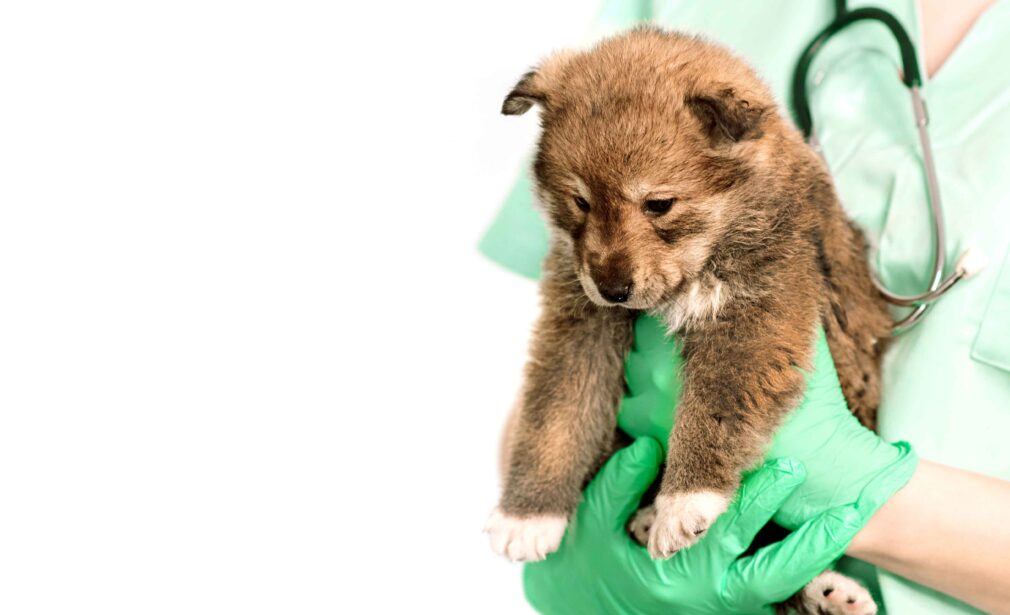Pet Spaying & Neutering in Conroe, TX
Kainer Veterinary Hospital understands how deeply you care for your beloved pets. Our compassionate team is here to guide you through the pet spay and neuter process, ensuring your pet’s health, safety, and comfort. These procedures are essential for your pet’s overall well-being and contribute to reducing pet overpopulation in our community.
Spaying and neutering are vital for your pet’s health, behavior, and overall well-being. Spaying helps prevent uterine infections and reduces the risk of breast tumors, while neutering protects against testicular cancer and curbs undesirable behaviors like marking and aggression. At our Animal Hospital, we ensure safe, expert procedures and provide tailored pre-and post-surgery care to promote a smooth recovery and long-term health for your cherished companion.
- Healthier Pets: Reduce risks of uterine infections, breast tumors, and testicular cancer.
- Improved Behavior: Minimize aggression, roaming, and unwanted marking habits.
- Community Support: Contribute to reducing overpopulation and promoting responsible pet ownership.
- Safe Procedures: Trust our expert veterinarians for skilled care and a stress-free experience.


Frequently asked Questions
Caring for your pet means making decisions that support their long-term health. Pet Spaying and neutering offer significant benefits, from preventing health issues to promoting better behavior. Explore the FAQs below to understand how these procedures can improve your pet’s life and help you make informed decisions.
Spaying or neutering your pet offers numerous benefits, including preventing health issues like uterine infections, testicular cancer, and prostate problems. It also reduces undesirable behaviors, such as roaming and marking. Beyond individual health, these procedures contribute to controlling the pet population, reducing the number of homeless animals. Talk to our veterinarians to understand how this decision can improve your pet’s life and your bond.
Spaying and neutering help prevent serious health conditions, such as uterine infections, testicular cancer, and certain prostate issues. For female pets, it significantly reduces the risk of breast tumors, especially if done before their first heat cycle. These procedures promote a longer, healthier life for your pet.
After surgery, limit your pet’s activity and monitor the incision site for redness or swelling. Ensure they don’t lick or bite the area, as it may delay healing. Small meals and water can help ease nausea from anesthesia. Contact us if you notice unusual behavior or have concerns. Our team is here to guide you through every step of the recovery process.


